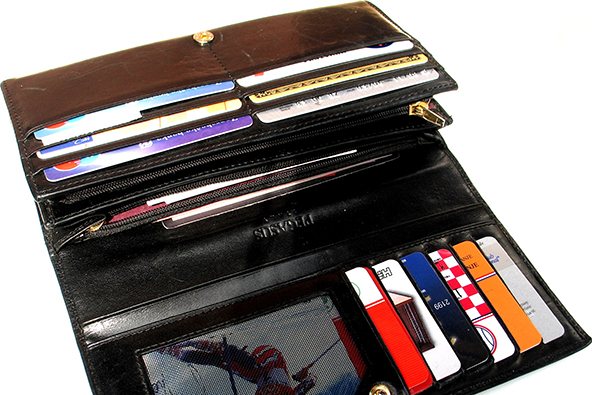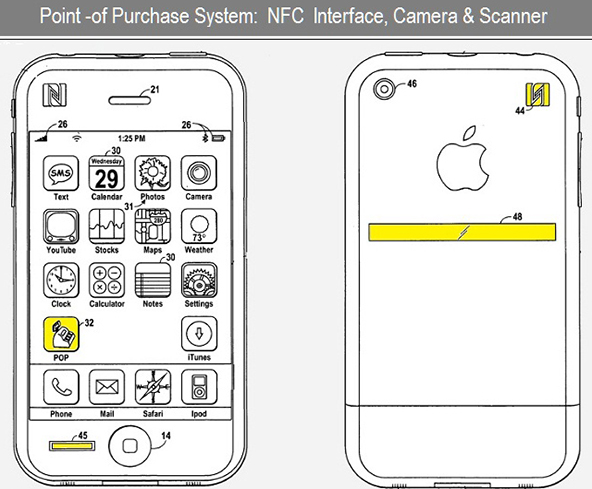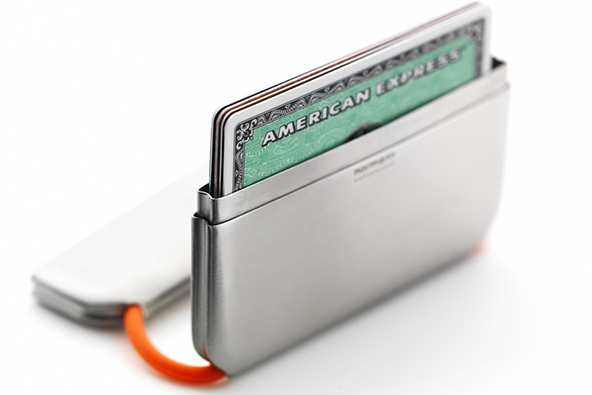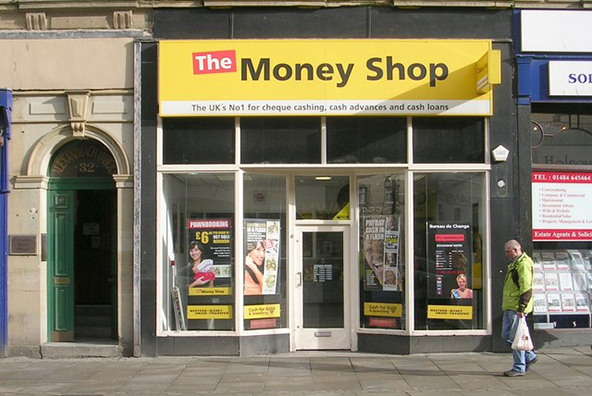How to Manage Chargeback Reason Code 82

In recent articles we have reviewed several reason codes issuers use to designate chargebacks caused by processing errors. Various actions can lead to such errors, but one of them stands out above all others: processing a single transaction more than once. Now, as far as processing errors go, I don’t think any other comes closer to the definition.
To an outside observer it may seem that this type of chargeback — Reason Code 82 — can only be caused by merchant fraud. After all, you can’t inadvertently process the same transaction twice, can you? Well, as it happens, even though fraud is a real possibility, more often than not such chargebacks are indeed caused by an error, rather than by design. Let’s take a closer look.
What Causes Reason Code 82
Chargeback Reason Code 82 can be initiated when the merchant:
- Enters the same transaction into the point-of-sale (POS) terminal more than once.
- Electronically submits the same batch of transactions to its processor more than once.
- Deposits with its processor both the merchant copy and the acquirer copy of a sales receipt.
- Deposits sales receipts for the same transaction with more than one processor.
- Creates two or more transaction receipts for the same sale.
Although it may seem as if most of the above actions may only have been taken intentionally, in reality that is very unlikely. See, such discrepancies are discovered immediately and, if processed, the transactions are automatically charged back. So not only does the merchant not benefit in such circumstances, but it is charged a penalty fee, is subjected to a closer scrutiny and it may even have its merchant account frozen until the processor is satisfied that its merchant is processing transactions by the rules.
How to Respond to Reason Code 82
Listed in the table below are the most likely circumstances you may find yourself into when considering your response to a Reason Code 82 and my suggestions on the course of action you should take:
|
If: |
Then: |
| The sales receipts are not duplicates. | If the transactions at issue are all valid, provide your processor with information proving that the transactions are separate, or send copies of the sales receipts and any other related documents. The receipts should clearly indicate that the transactions are not charges for the same items. |
| The sales receipts are duplicates and a credit was not processed. | If that is the case, accept the chargeback. Do not process a credit now as the chargeback has done that for you. |
| The sales receipts are duplicates and a credit was processed. | If you identified the duplicate transaction and processed a credit before you received the chargeback, provide your processor with the date on which the credit was issued and any other information that may be required. |
Most processors automatically check if a credit was processed, so you may never see the chargeback.
How to Prevent Reason Code 82
Following best credit card acceptance practices, as always, can help you prevent this type of chargeback. Paying attention when depositing transactions helps too. Here are some specific suggestions:
- Review sales receipts prior to depositing them. Doing so will help ensure that only the processor’s copies — and not the merchant’s copies — are included in the batch. If you send transactions electronically for processing, ensure that each batch is sent only once and has a separate batch number.
- Enter transactions once. Make an effort to avoid entering transactions more than once.
- Void duplicate receipts. If caution fails you and a transaction is entered twice by mistake, immediately void the duplicate. Also void the associated sales receipts.
- Train staff. All new POS employees should be trained on matters concerning duplicate transaction processing, cancellation, and voiding procedures and refresher training should be provided to existing personnel. Back-office staff should be adequately trained on transaction deposit procedures.
The Takeaway
Reason Code 82 has more to do with a lack of attention on the part of the merchant than with anything else. However, carelessness is not an excuse and, while unintentional, such errors are just as costly as any other action (or inaction) that can cause a chargeback. It is up to the management of each business to ensure that proper attention is paid to the processing of every transaction, adequate training is provided and, if duplicate transactions occur often, to discuss the issue with the staff responsible for them.
Image credit: Dobreprogramy.pl.


